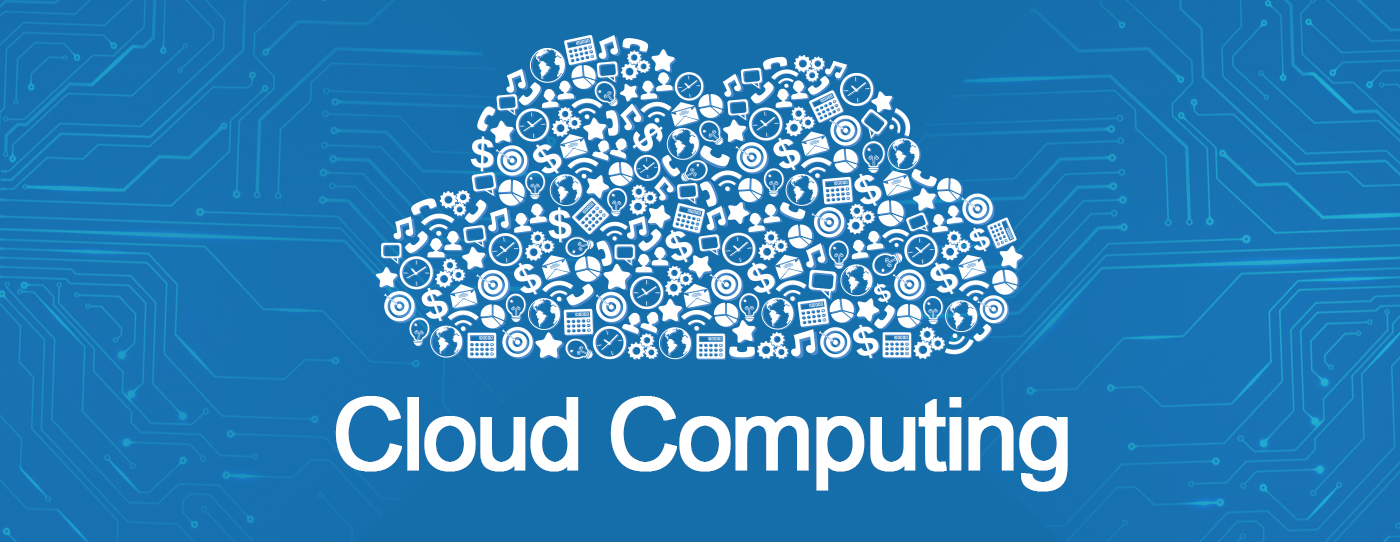What is Cloud Computing?
Cloud computing is a method of delivering information technology services such as software development platforms over the internet. This offers on-demand delivery of computing services like servers, database storage, networking, computing power, analytics, software and many more on the cloud. Cloud computing primarily relies on a cloud to achieve coherence, the economics of scale which is similar to the public utility.

What does Cloud Computing do and how does it work?
Cloud computing maximizes the efficiency of an organization of shared resources. With cloud computing in place, you can not only share and organize the data among multiple users but also dynamically relocate data as per business needs. This specific approach reduces storage space, maintenance, electricity and the cost of buying physical computer servers to store data.
Cloud computing ranges multiple options from the basics of storage, processing power, and networking through natural language and artificial intelligence. Any software service can be provided on the cloud using the infrastructure. On the other hand, rather than buying their own computing data centers and infrastructure, organizations can rent access to anything from applications to storage from a cloud service provider.
Benefits of Cloud Computing Software:
Some of the top benefits and advantages of using Cloud Computing are:
- Cost Saving: It significantly avoids the upfront cost and its complexity of maintaining and owning their own companies IT infrastructure.
- Security: As a cloud computing host, the companies are bound to carefully monitor the security on site. Here the policies designed are
- Flexibility: Employees enjoy greater flexibility with cloud computing. They are allowed to access files using web-enabled devices such as laptop, tablets, smartphones, and notebooks. This allows users to simultaneously share files and documents over the internet to have internal and external collaboration.
- Reliability: Managing a backup system becomes easier with the help of Cloud computing. It has a data back and disaster recovery options making it less expensive as data can be mirrored at multiple redundant sites whenever needed.
- Better Collaboration: Cloud Computing makes the process of collaboration simple and easier. It allows team members to easily and securely share and view information on a cloud-based platform.
- Environmental Friendly: Cloud business application allows you to use the cloud platform only when you need. This allows you to use the service only when you need and you don’t leave oversized carbon foot prints.
- Global Scale: This means the ability to scale elastically. Which means delivering the right amount of IT resources, like storage, bandwidth, and right computing power right when it’s needed.
- Better Productivity: Cloud computing removes the need for multiple tasks like “racking and stacking,” software patching and other IT management chores. This avoids the need for on-site data centers.
- Document Control: With the use of Cloud computing in an organization, all documents and files can be stored and every individual in the company can see one version of the truth.
- Performance: Cloud computing services run on a secure data centers which are regularly updated to make it fast and efficient hardware. This offers reduced network latency for many cloud based applications.
Types of Cloud Computing:
Every provider offers a different a different types of Cloud Computing based on the service, and here are the three prominent ones.
- IaaS (Infrastructure-as-a-Service)
- PaaS (Platform-as-a-Service)
- SaaS (Software-as-a-Service)
Prominent Cloud Computing Software Providers:
- Amazon Web Service (AWS)
- Microsoft Azure
- Google Cloud Platform
- Adobe
- VMware
- IBM Cloud
- Rackspace
- Red Hat

